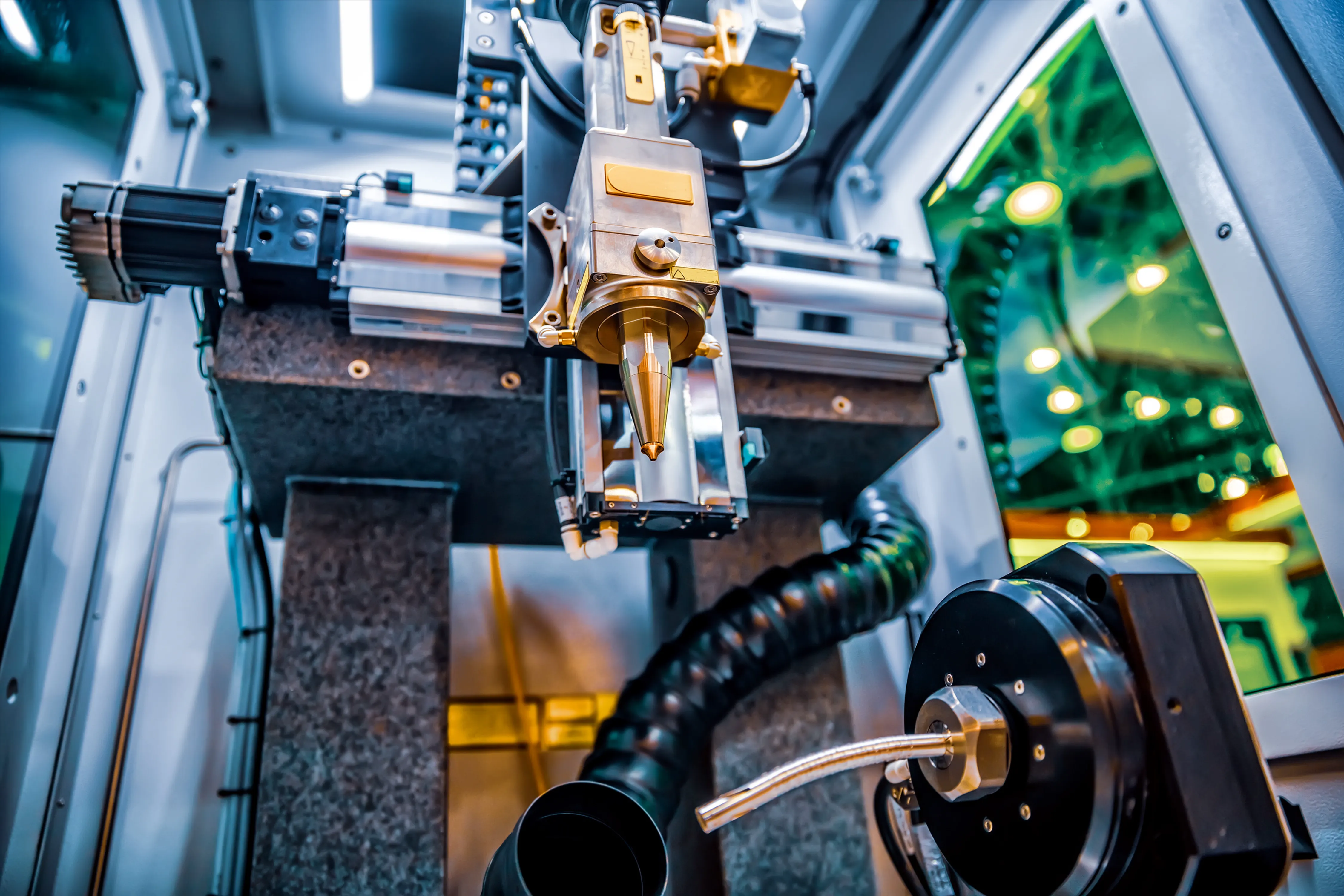Billions Poured into Taiwan's Machine Tool Transformation
2024/09/12 | By Andrew Hsu
To assist the machine tool industry in shifting towards high-value-added products and reducing carbon emissions during manufacturing, the Ministry of Economic Affairs (MOEA) has allocated approximately NT$300 million for 2024. This funding aims to subsidize intelligent machinery, promote the use of domestic controllers in machine tool factories, and establish a database to enhance carbon inventory capabilities. Additionally, the International Trade Administration (MOEA) has invested NT$5 billion to bolster overseas sales and marketing efforts, helping the industry diversify its markets.
Facing competition from the recent depreciation of the Japanese yen, China's suspension of the Economic Cooperation Framework Agreement (ECFA), and international trade restrictions impacting the Russian market, Taiwan’s manufacturers are focusing on developing higher-end products and expanding into new markets.
The Industrial Development Administration (IDA), MOEA, has also allocated NT$200 million for intelligent machinery R&D this year, alongside an additional NT$100 million to support the development of high value-added controllers and the creation of a comprehensive Product-Category Rules (PCR) database for machine tools. This initiative is designed to help the industry enter advanced supply chains, including semiconductors.
Officials from the Industrial Development Bureau explained that controllers are the core component of machine tools. To foster cross-industry collaboration, companies can submit joint proposals with industries such as plumbing, hand tools, textiles, or bicycles. Each approved project can receive up to NT$10 million in funding, with an estimated 3 to 5 manufacturers expected to benefit.
Moreover, industries move towards net-zero transformation, and carbon emission calculations are increasingly critical to maintaining competitiveness. IDA officials stated that they will collaborate with public associations to complete the PCR for various tool categories and set up a database to facilitate carbon footprint verification (CFV) through standardized procedures.
Also, in response to the economic sanctions and export controls imposed on Russia following the outbreak of the Russo-Ukrainian War in 2022, Taiwan’s machine tool and component exports to Russia have been significantly impacted. To help the industry diversify its markets, the International Trade Administration has invested NT$5 billion in strengthening marketing efforts. This includes fostering horizontal alliances that break away from single-industry marketing approaches by combining efforts from the textile, petrochemical, and machinery sectors to capture business opportunities in emerging markets, and sales promotions are planned in India, Thailand, and Germany.




